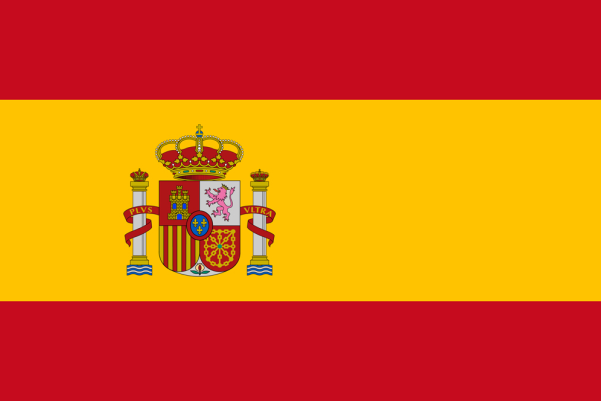Brazil is famously home to the greatest biodiversity on the planet, with certain tourist destinations that champion the question of sustainability
What exactly is sustainable tourism? Well, it could be a trip to the beach, to a city, or to the jungle. It could mean traveling with the family, or alone. The point of sustainable tourism, ultimately, is to make a positive impact on the people and the places visited. This means, for example, promoting resources so that local families can establish a decent life, helping to preserve local culture and traditions, and recognising that water and energy are valuable assets that should be used responsibly.
Even before the notion of sustainability became a genuine concern for the tourism trade, Brazil had already implemented several initiatives that sought to promote good practice and limit the negative effects of increased tourism. Today, such practices are commonplace throughout Brazil’s 8.5 million km2 and many serve as examples for countries around the world. However, sustainable tourism in Brazil still faces major challenges, in particular how to drive public awareness and move it up the political agenda.
Certain pioneers, such as a Bonito and the rural two hotels, Campo dos Sonhos and Parque dos Sonhos, both near Socorro in São Paulo, are consistently showcased as great examples of sustainable tourism in Brazil.
Bonito, in Mato Grosso do Sul, following a boost in tourism during the 1970s and 1980s, realised that if nothing was done urgently it would miss the unique opportunity to promote the sustainability aspect of its attractions and, hence, its community. The model Bonito adopted is something of a paradigm, when compared to the rest of the world. Bonito has established an integrated system to limit the number of people visiting the region. This control is managed by issuing digital vouchers that indicate the name of the tourist and the attractions that they intend to visit. This way, it’s possible to monitor the volume of visitors in the parks and ensure that the natural world remains void of any possible negative impact caused by an excess of people.
The implementation of the “single voucher” has turned Bonito into one of the most sustainable destinations in the world (it was officially recognised as such in 2013) and a shining light for Brazil’s sustainable tourism industry.
The Campo dos Sonhos and Parque dos Sonhos hotels in Socorro, São Paulo, have also risen to critical acclaim since winning several national and international awards for sustainable tourism, including, in 2014, “The Best in Responsible Tourism in the World” at London’s World Travel Market tourism fair, and “The best for people with disabilities”, among others.
These are leading examples that, even without political advocacy or support from the conventional tourist trade, continue to operate as businesses and networks that stand in solidarity with community tourism, specifically with the Rede Tucum, in Ceará, Acolhida na Colônia, in Santa Catarina, and in the Quilombos settlements in Bahia, like the Rota da Liberdade do Vale do Iguape.
Brazil is home to several other sustainable tourism initiatives, all of which promote social inclusion, the preservation and conservation of natural resources, and the respect for cultures and peoples as a means of stimulating local economic development. Several winners of the Braztoa Sustainability Award, held in partnership with the Ministry of Tourism, serve as good examples. Of particular note is the Cambará Eco Hotel, in Cambará do Sul (RS), and the travel agency Flanar Turismo, in Uberlândia (MG), with its project geared towards sensorial tourism, to enable visually impaired tourists to visit and experience coffee plantations. Educational tourism in Jaraguá do Sul (SC) is another noble example, where electricity is generated through photovoltaic panels and rainwater harvesting.
Brazil notoriously has a certain allure when it comes to nature tourism. In fact, it ranks number 1 for nature tourism amongst 141 countries, according to the World Economic Forum. Much progress has been made in relation to sustainability, but there is unquestionably much more to be done: this is an on-going issue.
The main challenge to embedding a culture of sustainability in the tourism industry is to drive advocacy, both amongst business leaders and tourists. Another important task is to present the return on investment that such sustainability can generate, putting an end to the erroneous notion that potential gains are incompatible with the level of effort or investment needed. If this competitive edge is made readily available, businesses are guaranteed to attract a differentiated tourist, one that supports this philosophy. And then, yes, Brazil will be a country of truly sustainable tourism.

















